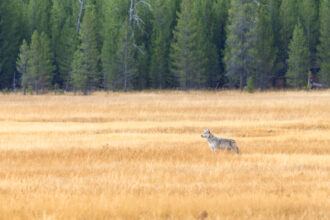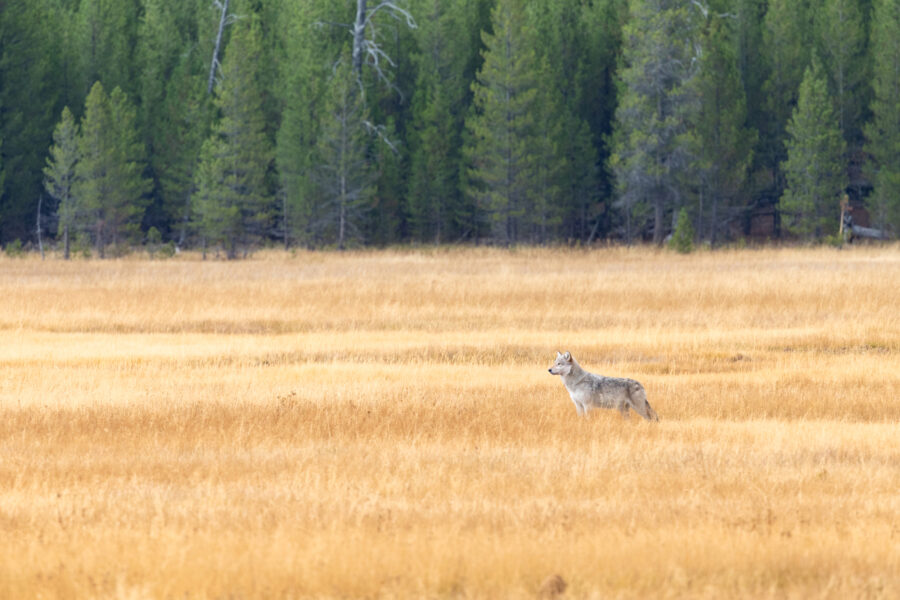Last year was the hottest year on record, two U.S. agencies announced Wednesday. It clocked in at 1.62 degrees Fahrenheit above the 20th century average, nearly one-third of a degree above the previous record, which was only a year old, set in 2014.
The strong El Niño currently hovering over the Pacific Ocean is only partially to blame, scientists from NASA and the National Oceanic and Atmospheric Administration told reporters Wednesday.
“2015 did not start with an El Niño event,” said Gavin Schmidt, director of NASA’s Goddard Institute for Space Studies. “The warmth, it was there right from the beginning.”
“This is part of long-term underlying trend” due to the buildup of greenhouse gases in the atmosphere, he continued. “There is no evidence that that trend has paused, slowed, or hiatused in the recent decade.”
Ten of the last 12 months broke monthly temperature records since recordkeeping began in 1880. It was the United States’ second hottest year, behind 2012, and its third wettest. The Northern Hemisphere measured 2.59 degrees Fahrenheit hotter than the 20th century average.
The news from NOAA and NASA comes the same day that the UK Met Office, Britain’s climate research agency, also confirmed the new record.

Increasing atmospheric temperatures are fueling extreme weather events across the planet, the scientists said. Intense rainstorms and heat waves have become more frequent. Wildfires are more severe as hot temperatures and intense droughts dry out forests. Evidence shows that hurricanes are shifting their tracks poleward, hitting communities that historically haven’t had to deal with the storms before. Last year played host to a variety of devastating climate change-fueled disasters.
“The result of 2015 being the hottest year on record meant that for millions of people worldwide, the consequences were painful, costly and frightening,” Aaron Packard, head of 350.org’s Climate Impacts Program, said in a statement. “We witnessed terrible consequences that resulted from a warmer atmosphere, including: devastating floods in parts of India, the US, UK and China; deadly heat waves across India, Pakistan and the Middle East, severe drought from Africa to California, and an exacerbated El Niño event.”
Odds are 2016 will be even hotter than last year, said Tom Karl, director of NOAA’s National Centers for Environmental Information.
World leaders pledged last December in Paris to limit global warming to 2 degrees Celsius, or if possible 1.5 degree Celsius. But the scientists warned on Wednesday that even if nations drastically curb their greenhouse gas emissions immediately, it will take decades before the warming will stop.
Global warming “can’t be turned around instantly,” said Schmidt. “We need a sustained conversation, discourse and monitoring of the situation for this problem to get under control. That is not something that will be done in one year or two years. It depends on our long-term ability to maintain focus on this issue.”
About This Story
Perhaps you noticed: This story, like all the news we publish, is free to read. That’s because Inside Climate News is a 501c3 nonprofit organization. We do not charge a subscription fee, lock our news behind a paywall, or clutter our website with ads. We make our news on climate and the environment freely available to you and anyone who wants it.
That’s not all. We also share our news for free with scores of other media organizations around the country. Many of them can’t afford to do environmental journalism of their own. We’ve built bureaus from coast to coast to report local stories, collaborate with local newsrooms and co-publish articles so that this vital work is shared as widely as possible.
Two of us launched ICN in 2007. Six years later we earned a Pulitzer Prize for National Reporting, and now we run the oldest and largest dedicated climate newsroom in the nation. We tell the story in all its complexity. We hold polluters accountable. We expose environmental injustice. We debunk misinformation. We scrutinize solutions and inspire action.
Donations from readers like you fund every aspect of what we do. If you don’t already, will you support our ongoing work, our reporting on the biggest crisis facing our planet, and help us reach even more readers in more places?
Please take a moment to make a tax-deductible donation. Every one of them makes a difference.
Thank you,









